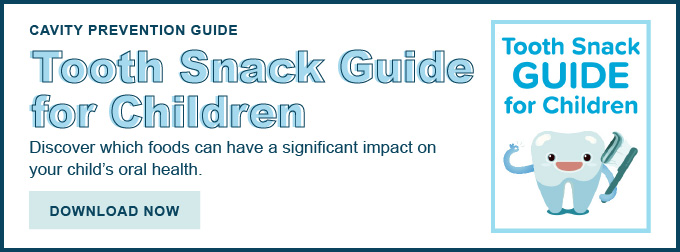Why Hasn’t My Kid Lost a Tooth? If your child hasn’t lost their first tooth…
How often should I take my kid to a children’s dentist?
A common question many parents frequently ask is, “Does my child really need to go to the dentist every six months?” The answer isn’t straightforward for every child, but in most instances, it is “Yes.” Some kids may even benefit from more frequent dental visits.
Dental Visits for Children
Many parents are surprised that cavities or dental caries are the most common chronic disease in kids. Most children will have one cavity in a baby tooth by kindergarten. Dental disease can also be difficult to treat in a young child due to their age and level of cooperation. Early visits that focus on prevention of cavities can provide families with the tips and tricks necessary to help keep teeth and mouths healthy. The American Dental Association, American Academy of Pediatrics, and the American Academy of Pediatric dentists all advocate for the first dental visit to occur when an infant gets his or her first tooth, or by age one (whichever is sooner).
Whether a child is an infant, toddler, child or adolescent a children’s dentist will provide an assessment of the risk of developing cavities. A young child who is at low risk for getting cavities may be seen only once a year until they are older. A child that is high-risk for developing tooth decay may be seen up to four times a year. Once a child is older a dental examination is recommended at least every six months. At these visits, the dental team can provide information on brushing, flossing, and dietary recommendations. The exam the kid’s dentist provides will help detect cavities when they are small, and less likely to need expensive treatment.
More Frequent Dental Visits
Sometimes a child’s dentist recommends that the child is seen more frequently at the office for preventive visits. At these visits, the dentist can coach the family on prevention tips, as well as provide more frequent fluoride applications to help fight cavities. A timid, or scared child may also benefit from noninvasive visits to allow the child to become comfortable in a dental chair. This will help make treatment more comfortable and may help reduce the chances that sedation or general anesthesia is needed if treatment should be required.




